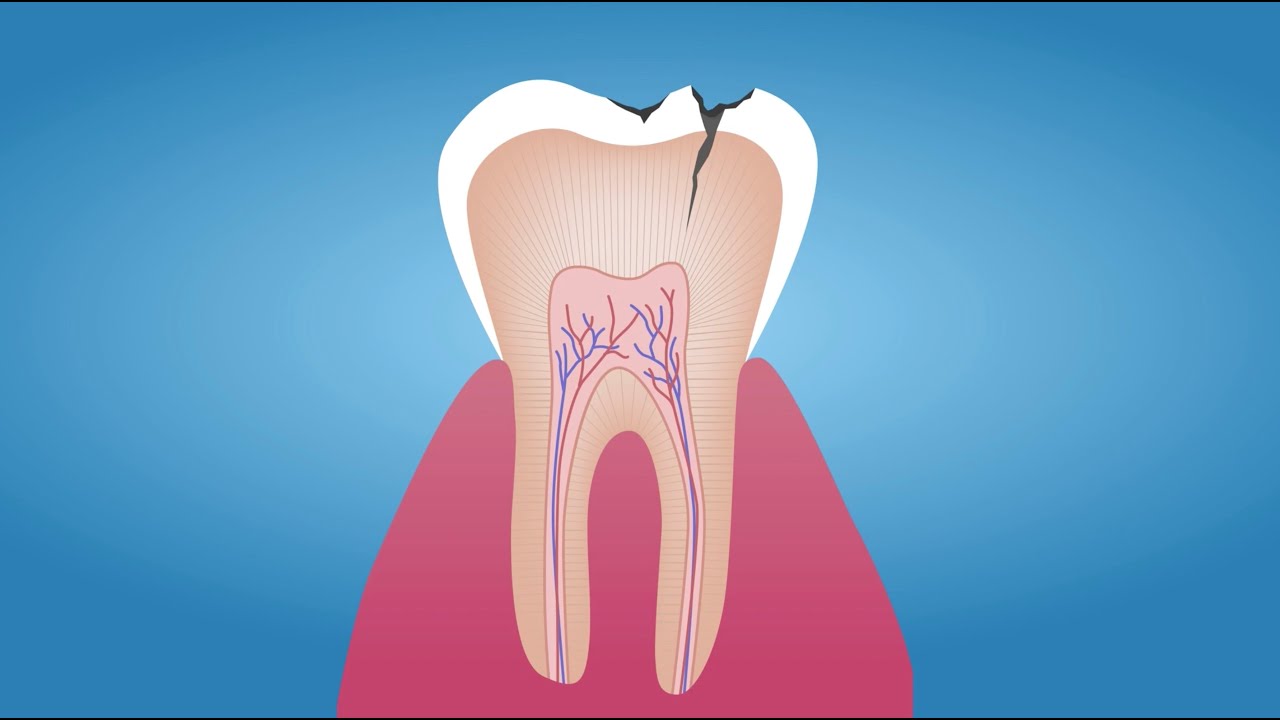How To Avoid Dental Decay
- Home
- How To Avoid Dental Decay

Cavities are permanently damaged areas in the hard surface of your teeth that develop into tiny openings or holes. Cavities, also called tooth decay or caries, are caused by a combination of factors, including bacteria in your mouth, frequent snacking, sipping sugary drinks and not cleaning your teeth well.
Cavities and tooth decay are among the world’s most common health problems. They’re especially common in children, teenagers and older adults. But anyone who has teeth can get cavities, including infants.
If cavities aren’t treated, they get larger and affect deeper layers of your teeth. They can lead to a severe toothache, infection and tooth loss. Regular dental visits and good brushing and flossing habits are your best protection against cavities and tooth decay.
To put it simply, cavities are decayed areas of your teeth that develop into small openings or holes- a process that occurs over time. Also called tooth decay, cavities are caused by a combination of factors, including poor oral hygiene and the frequent snacking of sugary foods. When bacteria, acid, food particles and saliva combine to form plaque, it clings to the teeth, and when not removed by regular brushing, begins to dissolve the enamel surface of the teeth. Inside your teeth, decay can gradually destroy the inner layer, or pulp, which contains blood vessels, nerves and other tissues. Left untreated, the long-term decay process can lead to infections in your gums and can eat away at the bone structures under the teeth.
When a tooth is exposed to acid frequently — for example, if you eat or drink often, especially foods or drinks containing sugar and starches — the repeated cycles of acid attacks cause the enamel to continue to lose minerals. A white spot may appear where minerals have been lost. This is a sign of early decay.
Tooth decay can be stopped or reversed at this point. Enamel can repair itself by using minerals from saliva, and fluoride from toothpaste or other sources.
But if the tooth decay process continues, more minerals are lost. Over time, the enamel is weakened and destroyed, forming a cavity. A cavity is permanent damage that a dentist has to repair with a filling.
Serenity Dental recommends the following steps to help prevent tooth decay:
The best way to detect and prevent cavities is by visiting our dental clinics in Hanoi, Da Nang and Ho Chi Minh City regularly, as we can detect a cavity in its earliest stages.
By practicing good dental care at home and visiting our clinics regularly, you’ll help your teeth stay cavity free!